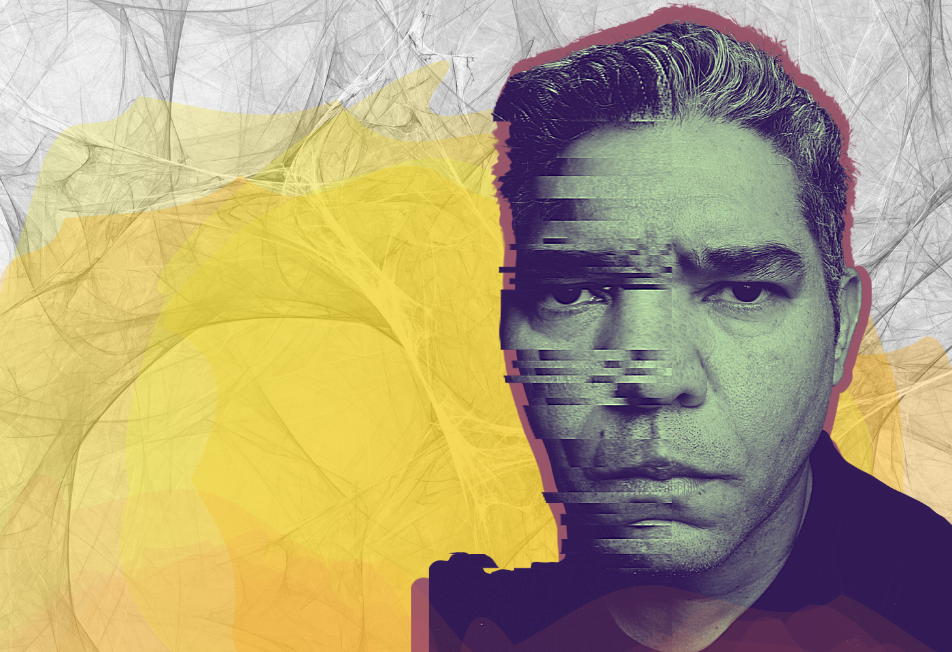Pandemic anxiety is costing some workers up to 2 hours a day
Most employees feel companies should be offering mental health benefits, according to the findings.

PHOTO EDITED BY WE REP STEM.
COVID-19 hasn’t been a breeze in the park for many of us. For months, we’ve been writing about the many ways the pandemic has tested our mental health, disproportionately affected minority groups, and kept us in a seemingly never-ending loop of video conference calls.
According to the results of a recent survey from Headspace, the stress is impacting our productivity and costing some of us up to two hours of work per day.
About 2,500 employed adults in the U.S. and the U.K. participated in the survey, which was compiled between April 5 and May 5, 2020. Roughly one-quarter reported losing about an hour of work a day to stress. Twenty-one per cent said they regularly lose up to two hours a day — and they’re looking for their companies to help.
Eighty-nine per cent feel their organization should be offering some sort of mental health benefits to employees and their dependents. Forty-two per cent cited work/life balance as their biggest source of stress.
“The emotional toll the pandemic has taken on workers who were fortunate enough to keep their jobs — while watching their colleagues be furloughed or let go — is creating global worry about long-term mental health concerns. So, too, is the ongoing racial injustice witnessed in current events shaking the U.S. and other countries,” reads an excerpt from the report.
“The line between work stress and life stress has been dissolved. Stress in any area of someone’s life contributes to, or is exacerbated by, stress at work.”
While the survey divides participants by gender (male, female, non-binary, prefer to self-describe, and prefer not to answer) and age, the analysis does not provide a breakdown of the participants’ disability status, sexual orientation, race, ethnicity, or citizenship status.
These insights could provide further insight, given what we already know about the pandemic and its disproportionate impact on minority groups.
As early as April, it became clear more Black Americans were dying of COVID-19, even in predominantly white areas.
In May, the Navajo Nation, which covers parts of Arizona, New Mexico, and Utah, had surpassed New York and New Jersey for the highest per-capita COVID-19 cases in the US.

HELP US CREATE MORE RAD CONTENT. CLICK HERE TO SUPPORT WE REP STEM.
Pandemic-related harassment is on the rise, too. Early in the year, anti-Asian discrimination was on the rise. Now, there appears to be an uptick in anti-mask harassment.
And we’re not done yet. COVID-19 has been hard for disabled individuals, particularly those who are hearing impaired, and the lockdowns may have had severe ramifications for some members of the LGBTQ community, who may have been forced to quarantine in unsupportive environments.
Researchers who have been working from home and simultaneously caring for children appear to be publishing less, suggesting the lockdown may, in the long term, negatively impact some people’s career development.
